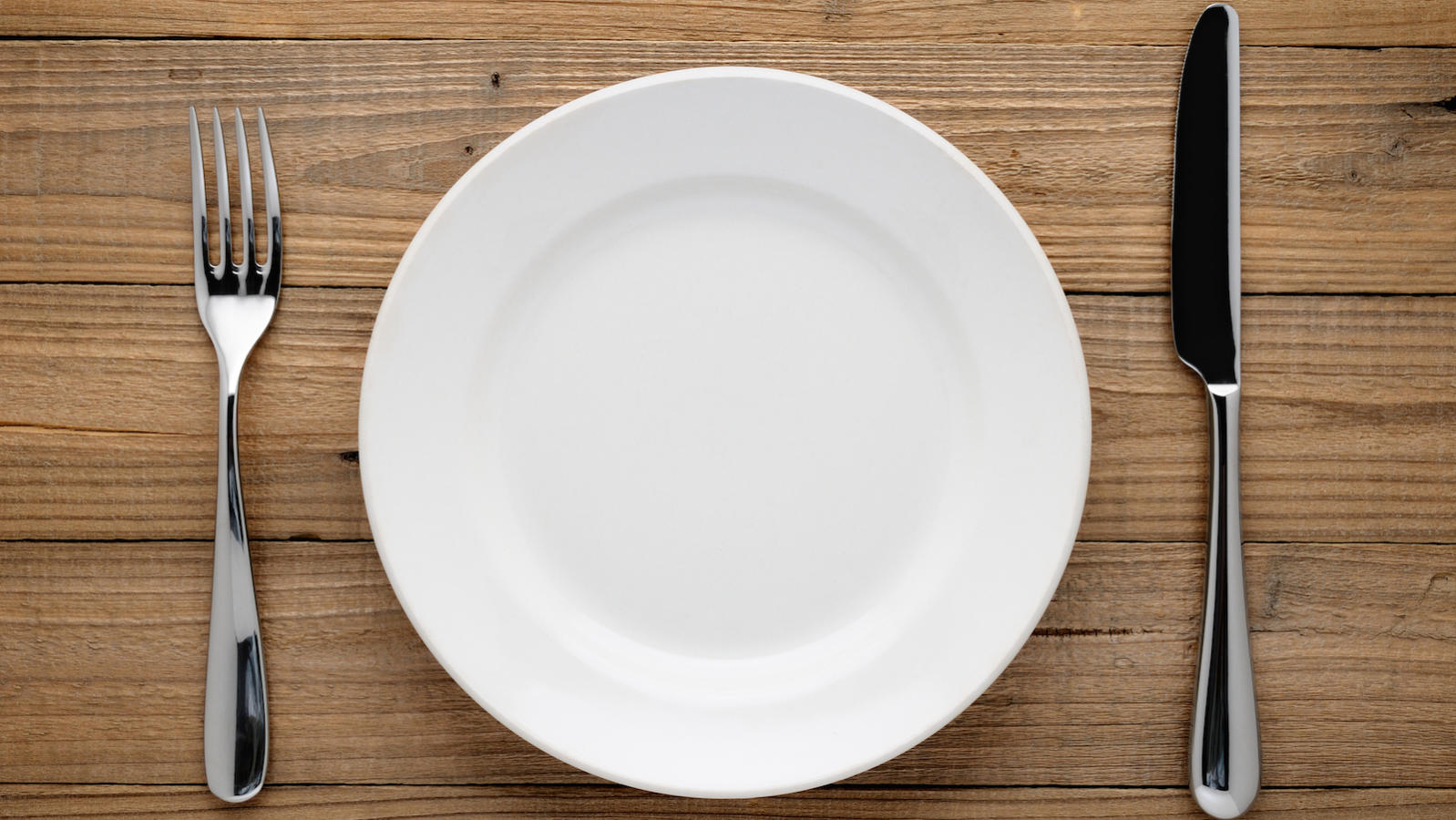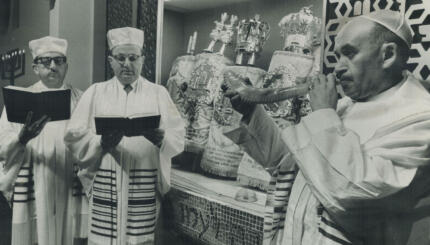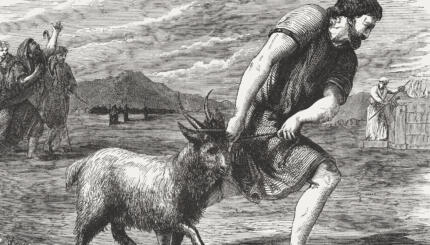Confession: I’m still kind of a Yom Kippur rookie.
Yom Kippur has always been a mystery to me. I am from a household of two Jewish parents, but we were not an observant family. The most we did for the High Holidays was having my grandparents over for dinner. I knew Rosh Hashanah was the Jewish New Year, but I did not understand that there was an entire Jewish calendar, and my parents never even approached the subject of Yom Kippur.
Growing up, I always knew I was Jewish, but I didn’t really understand what that meant. I started to learn more about Judaism when I was in college. I sought out the Jewish community and met great friends and also learned a lot about being Jewish. Now, I am living in Jackson, Mississippi, working for a Jewish organization, figuring out my own Jewish observance and traditions—and still trying to figure out Yom Kippur.
Yom Kippur gets a bad rap. We go from indulging in delicious food on Rosh Hashanah to fasting on Yom Kippur—kind of a downer. We go from celebrating to apologizing, from “Happy New Year” to “here’s everything we did wrong last year.” So this year, I wanted to try to figure out what Yom Kippur really means, but mostly, what it really means to me.
So I took a survey. I went around the office at the ISJL asking my fellow Education and Community Engagement Fellows to explain the point of Yom Kippur. The best answer I got was that it marks a period of transition. Like the secular New Year, people make resolutions and promises about how they will do better in the coming year. However, Yom Kippur is not only about looking forward to a bright future; it is also about reflecting on your past.
We spend 10 days in flux and get to think about big questions like:
- “What could I have done better this past year?”
- “Am I where I want to be in life?”
- “How have I changed during this past year?”
It is a time to check in with yourself, to not only make sure that you are doing what makes you happy, but also that you are doing good in the world.
- When was your last random act of kindness?
- When was the last time you volunteered?
- How are you going to give back in the coming year?
I find the best way to grow as a person is by giving back to the communities that have helped me along my own path. Before taking on this new perspective, I had a hard time understanding a holiday where we were supposed to think about all of the bad things we’ve done over the year and feel sorry about them. Now, I am excited to think about Yom Kippur as a time for personal reflection. I am going to sit down and make some goals for the next year, but also reflect on all that I learned, accomplished, and struggled with in the last year.
As of now, I’ve started to think about Yom Kippur like a yoga class. At the beginning of each class, you set your intention, and I want to go through the next year intentionally. I will think about what has changed me in the past year, and how that has helped me grow. I will think about how I can contribute to my community on both local and global scales. I will use these reflections to make a plan for how I would like to continue to grow in the future. Maybe this will become my tradition, or maybe my relationship with Yom Kippur will continue to evolve—either way, I’m already starting to understand it a bit better.
Rosh Hashanah
Pronounced: roshe hah-SHAH-nah, also roshe ha-shah-NAH, Origin: Hebrew, the Jewish new year.
Yom Kippur
Pronounced: yohm KIPP-er, also yohm kee-PORE, Origin: Hebrew, The Day of Atonement, the holiest day on the Jewish calendar and, with Rosh Hashanah, one of the High Holidays.




